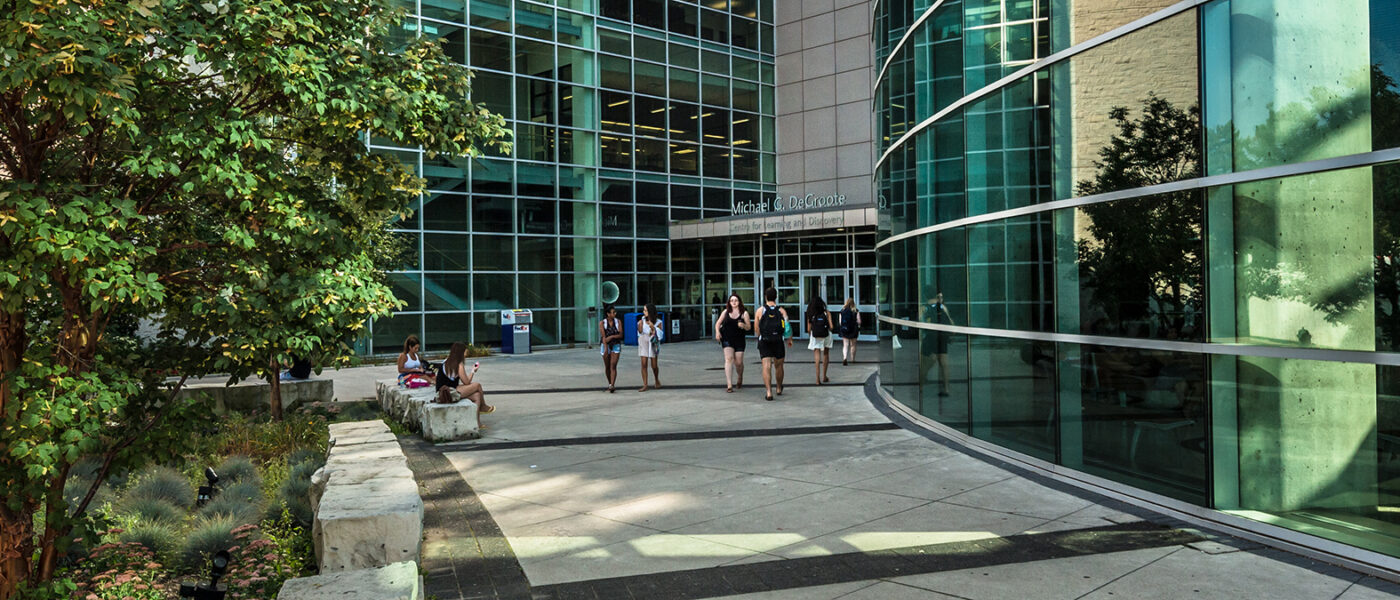Indigenous Midwifery
Indigenous midwives play a key role in the health of Indigenous communities. With an understanding that Indigenous learners can face specific barriers to higher education, schools and programs within McMaster’s Faculty of Health Sciences have a facilitated admissions streams for applicants with Indigenous North American (First Nations, Inuit or Métis) ancestry. This process is intended to provide equitable access to Indigenous applicants. In alignment with the Faculty of Health Sciences Facilitated Indigenous Admissions Program (FIAP), applicants wishing to apply through McMaster’s FIAP need to complete a supplementary application for self-identification and confirmation of nationhood, kinship and/or community. This is done in addition to McMaster University and program specific application processes. To learn more about FIAP and how to apply click here.
In alignment with McMaster’s Faculty of Health Sciences Indigenous Health Initiative, the Midwifery Education Program is actively working to meet the Truth and Reconciliation Commission’s calls to action #23 (to increase the number of Indigenous healthcare providers) and #24 (to ensure that all healthcare students learn about Indigenous health issues). Indigenous students who enrol in the program have access to support through the Faculty of Health Sciences’ Indigenous Learning Lodge as well as through the university’s Indigenous Student Services office. Indigenous students also have access to designated Indigenous midwifery placements and mentorship from practicing Indigenous midwives.
All students in the midwifery education program learn about the role of Indigenous midwifery and the work of the National Aboriginal Council of Midwives from Indigenous guest speakers. Foundational content on Indigenous health issues is covered in required courses on social justice in healthcare and Indigenous medicine and in required interprofessional learning activities shared with other students in the faculty and lead by Indigenous faculty members. Students also all learn about cultural safety and trauma-informed care.

